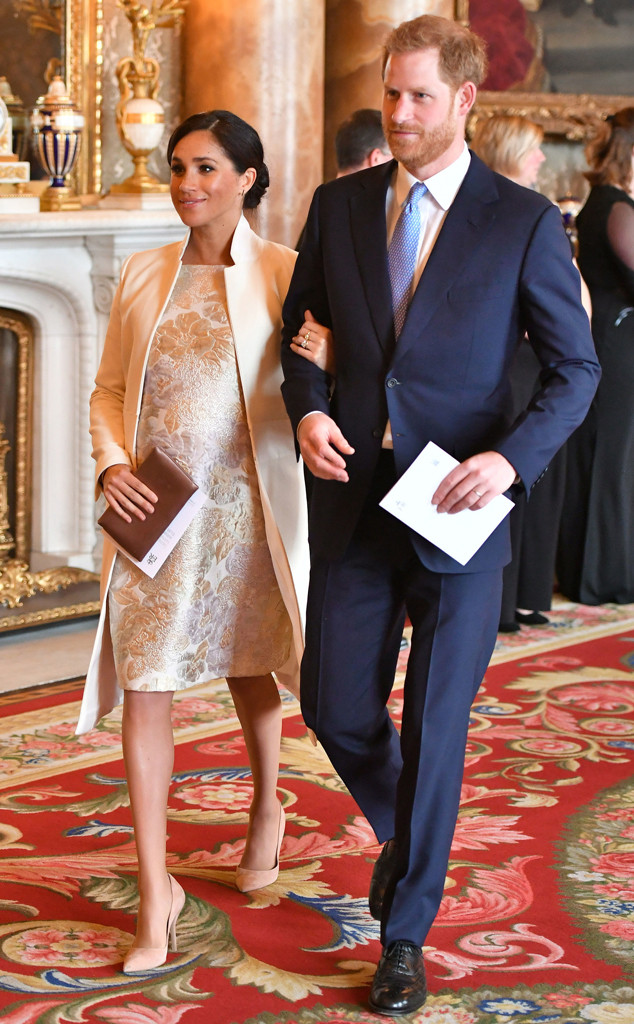
Perhaps the previous generations did have it easier.
Princess Diana, Princess Margaret, even Wallis Simpson... maybe, no matter how exhausting public life became and no matter how much the press picked them over, they were lucky to have avoided the Twitter era.
Of course, they all suffered mightily at the hands of regular paper-and-ink news outlets and good old-fashioned photographers, so to compare their experiences too favorably is a fallacy. But as most people, royal and civilian, know by now, social media has made it possible for the least civil discourse imaginable to take place 24 hours a day, every day. So while it's imperative that the young royals maintain a (strictly curated) presence on Twitter and Instagram in order to impress their modernity and relatability on the world, their accounts have also conveniently provided a forum for trolls to unload on one of the newer members of the family.
Meghan Markle has been the subject of so much online abuse, much of it delivered straight to the Kensington Palace Twitter and Instagram accounts that she and Prince Harry share with Prince William and Kate Middleton, that the royal family has been forced to publish guidelines basically instructing people how to not be malignant idiots on social media—and threatening to get police involved if they persist in crossing certain lines.
With her first child due this spring, Meghan doesn't need any additional headaches or heartburn, literal or figurative, so it's comforting to think she doesn't spend much time scrolling these days. In any case, it's royal staffers who have been monitoring this online situation for a long time, probably even from the moment it became public knowledge that Harry had a girlfriend. They were the ones privy to how dire the situation was getting, resulting in the issuance of what amounts to a Facebook-generation decree from Buckingham Palace, Clarence House and Kensington Palace.
Inevitably numerous people took issue with the statement, commenting that it amounted to censorship and was a real medieval move.
The guidelines aren't all that far off from Twitter's, in that spam, various forms of discrimination, hate speech et al. fall outside the category of protected speech, though the royals have also asked that comments not be "off-topic, irrelevant or unintelligible." Good luck with that.
Comments